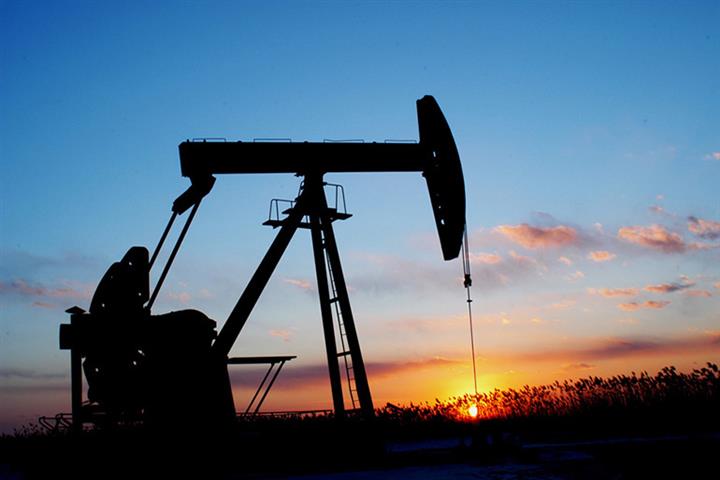 China to Benefit From Europe’s Industrial Transfer Due to Energy Crisis
China to Benefit From Europe’s Industrial Transfer Due to Energy Crisis(Yicai Global) Nov. 23 -- Energy supply risks have led to many European companies shutting down, triggering a new round of industrial relocation, which will benefit China, especially in the chemical and transportation sectors.
On the one hand, the closure and restart of chemical production lines often come with costs, and energy supply instability is difficult for these industries to accept. On the other hand, whether Russia cooperates with or decouples from Europe in the energy field will significantly change the global supply and demand pattern.
In my opinion, Russian raw materials and Chinese industrial products can complement each other, and the United States, as a commodity exporter, can also alleviate European energy supply-demand imbalance to a certain extent, replacing the old relationships between Chinese manufacturing and American consumption, Russian energy and European enterprises.
Under the new global supply and demand pattern, European companies pay more attention to the speed with which foreign transfer takes root in order to ensure competitiveness. So compared with Eastern Europe, countries such as China and the US, with higher per capita education levels and better infrastructure, have ushered in opportunities, especially China.
Coupled with the fact that the Covid-19 pandemic since 2020 has revealed the importance of supply chain security and resilience, the longer the industrial chain, the more eye-catching China’s advantages in supply chain efficiency will be.
In the longer run, considering that “low inflation growth” is no longer sustainable worldwide, and the growth momentum of real purchasing power of residents in developed countries, including the US, is weakening marginally, the potential of the Chinese consumer market is particularly valuable.
Based on Europe’s export loss caused by the energy crisis in the third quarter of last year, if one-third of Europe’s orders are transferred to China, the latter’s export growth rate will increase by 2.4 percentage points.
In the future, the shift in chemicals and transportation may be more noteworthy. On the one hand, these industries are strong in Europe, while China’s share is small, and with the improvement of the technical level of China’s export products, there may be room for replacement in future. On the other hand, these industries have high levels of energy consumption per unit and are more susceptible to energy crisis.
(The author is chief economist of China Merchants Fund’s research department and director of the China Chief Economist Forum.)
Editor: Peter Thomas